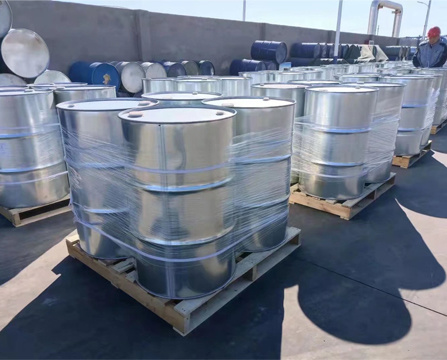What factors need to be considered in the selection of chemical reagents
Time:
2024-05-13
The purity of the chemical reagent has a great influence on the accuracy of the test results, but the higher the purity, the more expensive the reagent. Therefore, reagents of different specifications should be selected according to the test task, test method and the requirements for the accuracy of the test results.
The principle of chemical reagent selection is that under the premise of meeting the detection requirements, the reagent level should be as low as possible to avoid waste caused by super-resolution, and the reagent level should not be reduced at will to reduce the accuracy of the detection results. The selection of reagents generally takes into account the following points.
1. When detecting trace amounts, high purity reagents should be selected to reduce the empty white value. Arbitration detection generally selects superior grade pure and detection pure reagents.
2. For the standard titration solution prepared by indirect method in titration detection, pure reagent should be selected and then calibrated with reference substance. If the test results are not demanding, you can also use superior pure or test pure instead of reference reagents for calibration. Other reagents used in the titration are generally pure reagents.
3. In instrument testing, high purity or special reagents are generally used, and high purity reagents should be used when determining trace components.
4. In quantitative or qualitative detection, when preparing ordinary test solution and cleaning solution, chemical pure reagent should be selected. It should be noted that the level of reagents is high, and there are special requirements for the purity of the test water and the cleanliness of the container and instrument, which must be used together to meet the requirements. In addition, because the specifications and signs of imported chemical reagents are not the same as the current chemical reagent grade standards in China, they can be distinguished by referring to the relevant chemical manuals.
Key words:
Ketones
Alcohols





